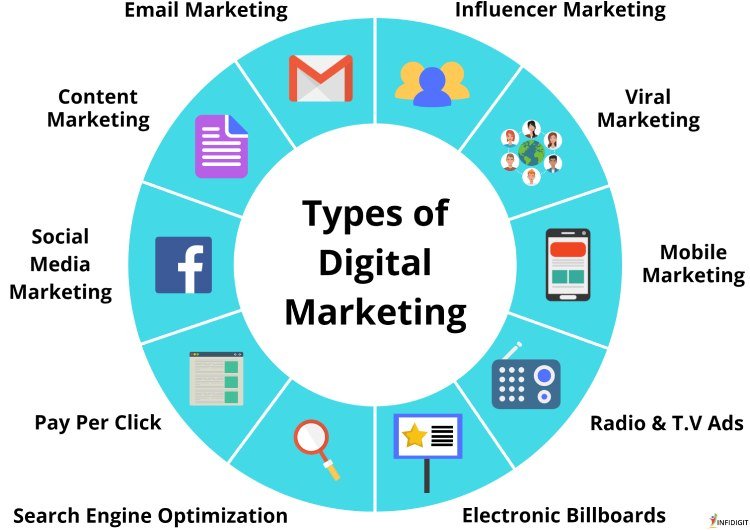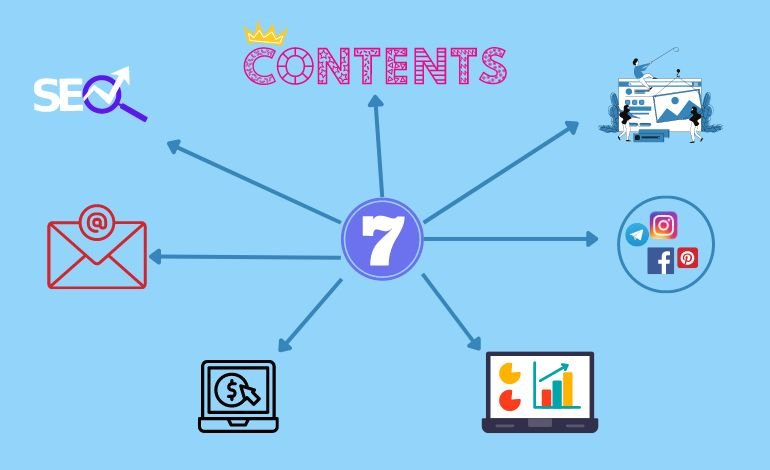
Successful online advertising requires a strategic approach that incorporates several critical elements. Understanding and implementing these components can help create ads that capture attention, drive engagement, and achieve desired outcomes. Here’s a comprehensive look at the key elements of successful online advertising.

Online Advertising
1. Clear Objectives and Goals
Define Your Objectives
Start by setting clear objectives for your online advertising campaigns. Objectives might include increasing brand awareness, generating leads, driving website traffic, or boosting sales. Having specific goals helps guide the design and execution of your ads, ensuring they align with your overall marketing strategy.
Set Measurable Goals
Establish measurable goals to track the success of your campaigns. Key performance indicators (KPIs) such as click-through rates (CTR), conversion rates, and return on investment (ROI) provide valuable insights into how well your ads are performing and where improvements can be made.
2. Target Audience Understanding
Identify Your Target Audience
Understanding your target audience is crucial for creating relevant and effective ads. Use demographic, psychographic, and behavioral data to define your audience. Consider factors such as age, gender, interests, and online behavior to tailor your ads to the right people.
Segment Your Audience
Segmenting your audience allows for more personalized and targeted advertising. Create different ad variations for each segment to address specific needs, preferences, and behaviors. This approach increases the relevance of your ads and enhances engagement.
3. Compelling Ad Creative
Craft Engaging Visuals
Visual appeal plays a significant role in capturing attention. Use high-quality images or videos that are eye-catching and relevant to your message. Ensure your visuals are aligned with your brand’s identity and create a strong impression.
Write Persuasive Copy
Effective ad copy is concise, compelling, and action-oriented. Clearly communicate the value of your product or service and include a strong call to action (CTA). Make sure your copy resonates with your target audience and motivates them to take the desired action.
Incorporate Brand Elements
Consistency in branding helps build recognition and trust. Incorporate brand elements such as logos, colors, and fonts into your ads. This consistency reinforces your brand identity and makes your ads more memorable.
4. Optimized Landing Pages
Design User-Friendly Landing Pages
The landing page where users are directed after clicking an ad should be optimized for user experience. Ensure the landing page is easy to navigate, loads quickly, and provides relevant information. A well-designed landing page enhances the likelihood of conversions.
Align Ad Content with Landing Page
Ensure that the content and design of your landing page align with your ad. Consistency between the ad and landing page helps maintain user trust and reduces bounce rates. Make sure the landing page reinforces the message and CTA of the ad.
5. Effective Targeting and Retargeting
Utilize Targeting Options
Online advertising platforms offer advanced targeting options to reach specific audiences. Use demographic, geographic, behavioral, and interest-based targeting to ensure your ads are seen by the right people. Effective targeting improves the relevance of your ads and increases their impact.
Implement Retargeting Strategies
Retargeting allows you to re-engage users who have previously interacted with your brand or visited your website. Create tailored ads for these users to remind them of your product or service and encourage them to complete a purchase or take another desired action.
6. Data-Driven Decision Making
Monitor and Analyze Performance
Regularly track and analyze the performance of your online ads using analytics tools. Monitor key metrics such as CTR, conversion rates, and engagement levels to assess the effectiveness of your campaigns. Data analysis helps identify successful strategies and areas for improvement.
Optimize Based on Insights
Use performance data to make informed decisions and optimize your ad campaigns. Adjust targeting, creative, and budget allocation based on insights gained from data analysis. Continuous optimization ensures that your ads remain effective and achieve the best possible results.
7. Budget Management
Allocate Budget Wisely
Effective budget management is essential for maximizing the impact of your online advertising. Allocate your budget based on the performance of different ad formats, platforms, and audience segments. Prioritize spending on strategies that deliver the highest return on investment.
Monitor Spend and Adjust
Regularly review your ad spend to ensure it aligns with your goals and performance. Make adjustments as needed to optimize your budget allocation and improve overall campaign efficiency. Monitoring spend helps prevent overspending and ensures that resources are used effectively.
8. Adherence to Best Practices
Follow Platform Guidelines
Each online advertising platform has its own guidelines and best practices. Familiarize yourself with these guidelines to ensure your ads comply with platform rules and specifications. Adherence to best practices helps maintain the quality and effectiveness of your ads.
Stay Updated on Trends
The online advertising landscape is constantly evolving. Stay informed about the latest trends, technologies, and best practices to keep your ad strategies current and effective. Adapting to new developments helps you remain competitive and maximize the impact of your ads.
Conclusion
Successful online advertising relies on a combination of clear objectives, audience understanding, compelling ad creative, optimized landing pages, effective targeting, data-driven decision making, and budget management. By incorporating these key elements and adhering to best practices, you can create ads that capture attention, drive engagement, and achieve your marketing goals. Embrace these strategies to enhance the effectiveness of your online advertising and achieve better results in today’s digital landscape.
